.
livello elementare
.
.
ARGOMENTO: ECOLOGIA
PERIODO: XXI SECOLO
AREA: DIDATTICA
parole chiave: coral bleaching
.
Abstract
An interesting essay edited by Nancy Knowlton, Smithsonian Institution, DC, Washington (approved September 10, 2015).
Significance
People are not only concerned about climate change and its effects on plant and animal diversity but also about how humans are fundamentally changing the globe’s largest ecosystem that sustains economic revenue and food for many countries. We show that many species communities and ocean habitats will change from their current states. Ocean acidification and warming increase the potential for an overall simplification of ecosystem structure and function with reduced energy flow among trophic levels and little scope for species to acclimate. The future simplification of our oceans has profound consequences for our current way of life, particularly for coastal populations and those that rely on oceans for food and trade.

.
Content
Rising anthropogenic CO2 emissions are anticipated to drive change to ocean ecosystems, but a conceptualization of biological change derived from quantitative analyses is lacking. Derived from multiple ecosystems and latitudes, our meta-analysis of 632 published experiments quantified the direction and magnitude of ecological change resulting from ocean acidification and warming to conceptualize broadly based change.
.
Primary production by temperate non calcifying plankton increases with elevated temperature and CO2, whereas tropical plankton decreases productivity because of acidification.
Temperature increases consumption by and metabolic rates of herbivores, but this response does not translate into greater secondary production, which instead decreases with acidification in calcifying and non calcifying species. This effect creates a mismatch with carnivores whose metabolic and foraging costs increase with temperature.
Species diversity and abundances of tropical as well as temperate species decline with acidification, with shifts favoring novel community compositions dominated by non calcifiers and microorganisms. Both warming and acidification instigate reduced calcification in tropical and temperate reef-building species.
Acidification leads to a decline in dimethyl sulfide production by ocean plankton, which as a climate gas, contributes to cloud formation and maintenance of the Earth’s heat budget.
Analysis of responses in short- and long-term experiments and of studies at natural CO2 vents reveals little evidence of acclimation to acidification or temperature changes, except for microbes. This conceptualization of change across whole communities and their trophic linkages forecast a reduction in diversity and abundances of various key species that underpin current functioning of marine ecosystems.
This link contains supporting information online at
www.pnas.org
Una sorpresa per te su Amazon Music unlimited Scopri i vantaggi di Amazon Prime
Alcune delle foto presenti in questo blog possono essere state prese dal web, citandone ove possibile gli autori e/o le fonti. Se qualcuno desiderasse specificarne l’autore o rimuoverle, può scrivere a infoocean4future@gmail.com e provvederemo immediatamente alla correzione dell’articolo
PAGINA PRINCIPALE
- autore
- ultimi articoli
è composta da oltre 60 collaboratori che lavorano in smart working, selezionati tra esperti di settore di diverse discipline. Hanno il compito di selezionare argomenti di particolare interesse, redigendo articoli basati su studi recenti. I contenuti degli stessi restano di responsabilità degli autori che sono ovviamente sempre citati. Eventuali quesiti possono essere inviati alla Redazione (infoocean4future@gmail.com) che, quando possibile, provvederà ad inoltrarli agli Autori.






















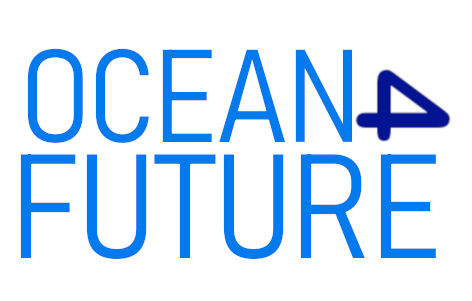



















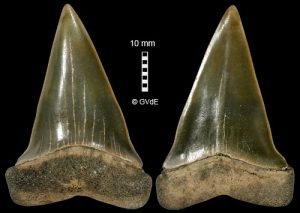


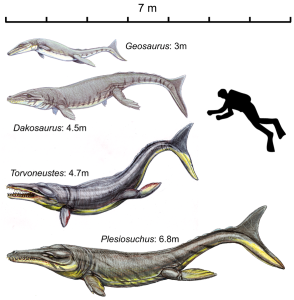









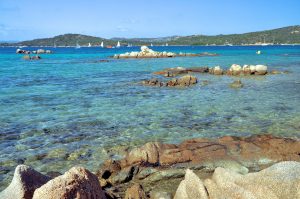
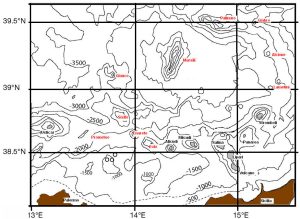





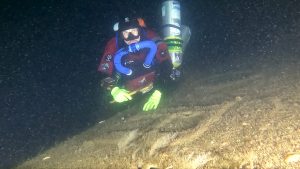

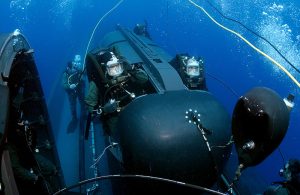







Lascia un commento
Devi essere connesso per inviare un commento.